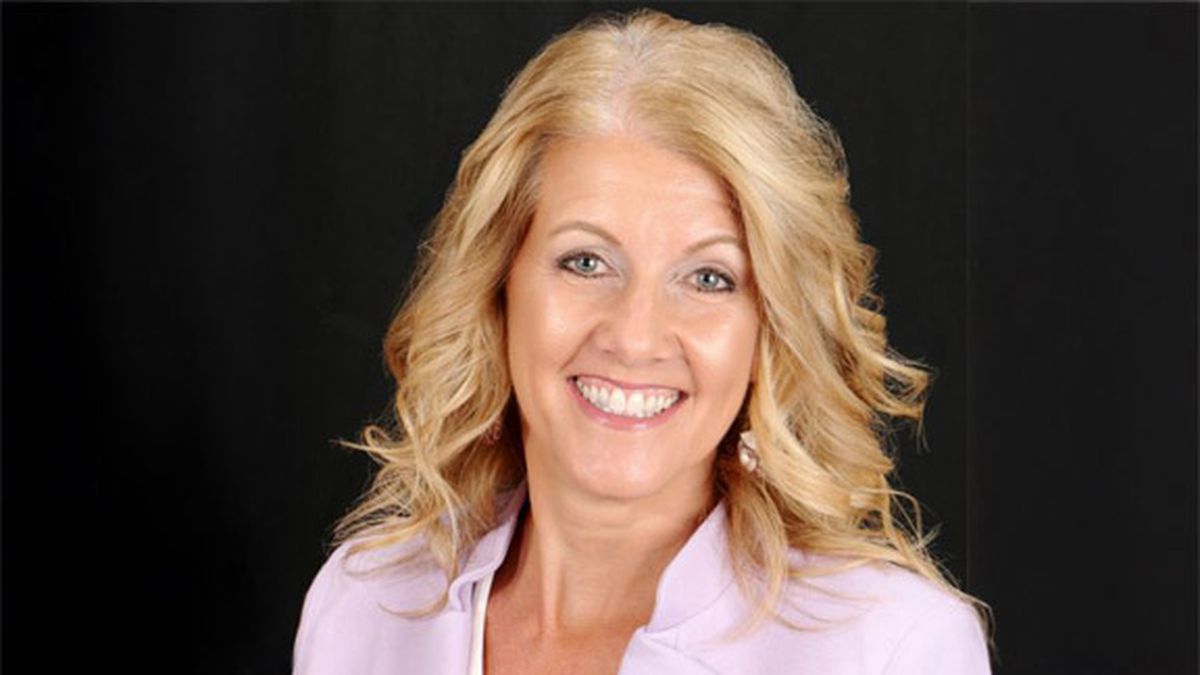Like many in the community, Erica Wilson fell into her cybersecurity career almost by accident. When taking her first job in the field 20 years ago, she said she was more interested in the job stability that came with cybersecurity work than moving up the executive hierarchy.
“There are some people that set out to [say] ‘Yes, I want to be a CFO’ or 'Yes, I want to be a CIO.’ That wasn’t necessarily the case for me,” said Wilson. "I’ve always organically wanted growth in my career to happen, so every two to three years, I would find myself in conversations with my boss about what’s next? What opportunities, what challenges, what can I help with?”
That hunger to learn created new benefits as well as new responsibility. Her employer responded by putting her in charge of larger projects around cybersecurity remediation, compliance and training, and that experience of being down in the trenches of so many different aspects of the organization’s digital security mission gave Wilson a broader perspective that slowly nudged her in the direction of leadership.
“A lot of those areas bleed into all levels [of operations], from your end user to your day-to-day manager to senior leadership, and so that type of exposure and experience very much put me in the forefront of becoming a leader — almost by default — because I was the front line.”
Click here for full coverage of the 2021 SC Media Women in IT Security
Before joining Reinsurance Group of America, Wilson was CISO for Cass Information Systems where she oversaw security compliance during the creation of a new payment system that was designed to drive new products and revenue for the firm. With those sort of business pressures always in the background, she said there was always a need to balance speed with caution.
“Whether you’re running [the project] in an agile fashion, or however you approach it, the business always needs it yesterday,” said Wilson. “So when you have commitments to meet that are tied to year end projections that you expect to see within a certain amount of time, that’s always kind of an added pressure.”
She also goes beyond her security role to look after the health and well-being of her colleagues and peers. She helped develop the Women in Technology Forum during the coronavirus pandemic, both as a means for female employees to keep in regular contact for work and to deal with the loneliness and isolation of public health lockdowns. The forum brought in speakers on discuss career development, shared articles about the successes of women in tech, fostered a space for women at the company to stay connected and identify opportunities for mentorship.
That last part is crucial, Wilson said, because in her experience there is plenty of supply and demand around mentoring that goes unaddressed.
“A lot of time, what I’ve found is that some people really would like a mentor, they just don’t know where to start, and even people that are willing to be mentors, they’re willing but they don’t know how to get connected,” she said. “Just opening the conversation would often allow people to find a way to connect or have a conversation.”




